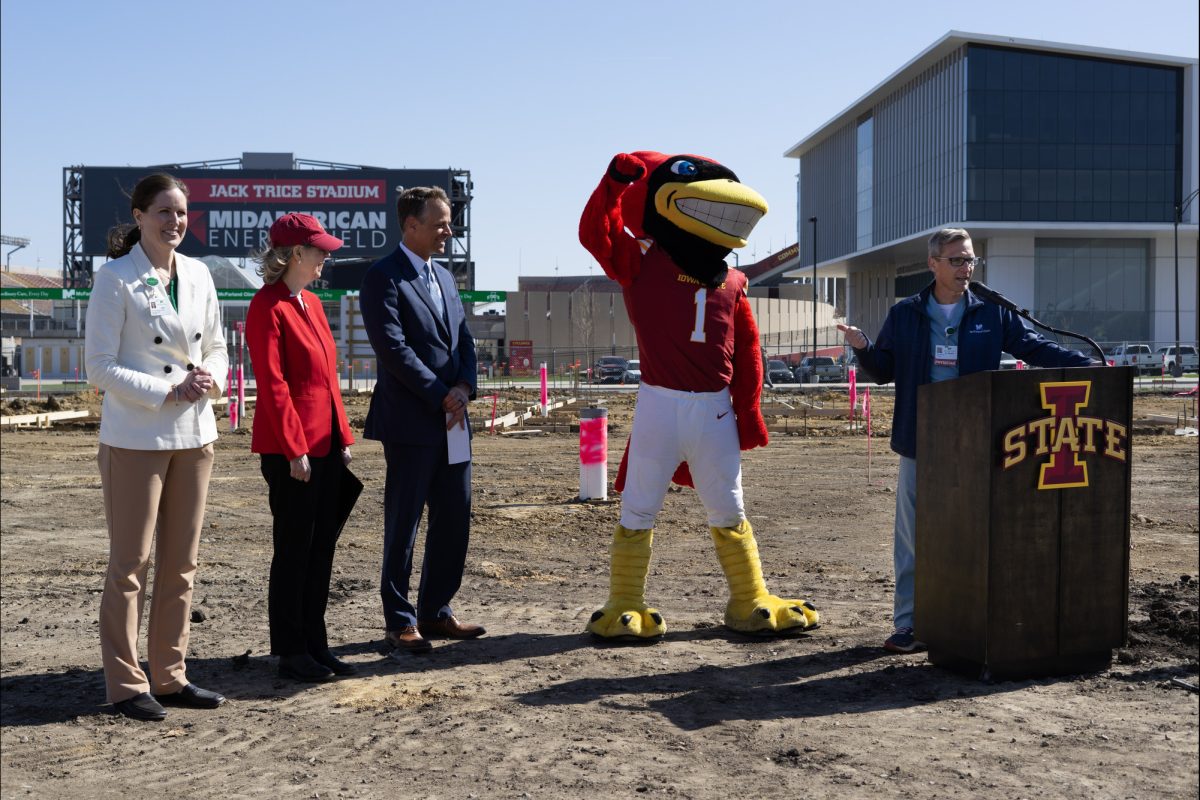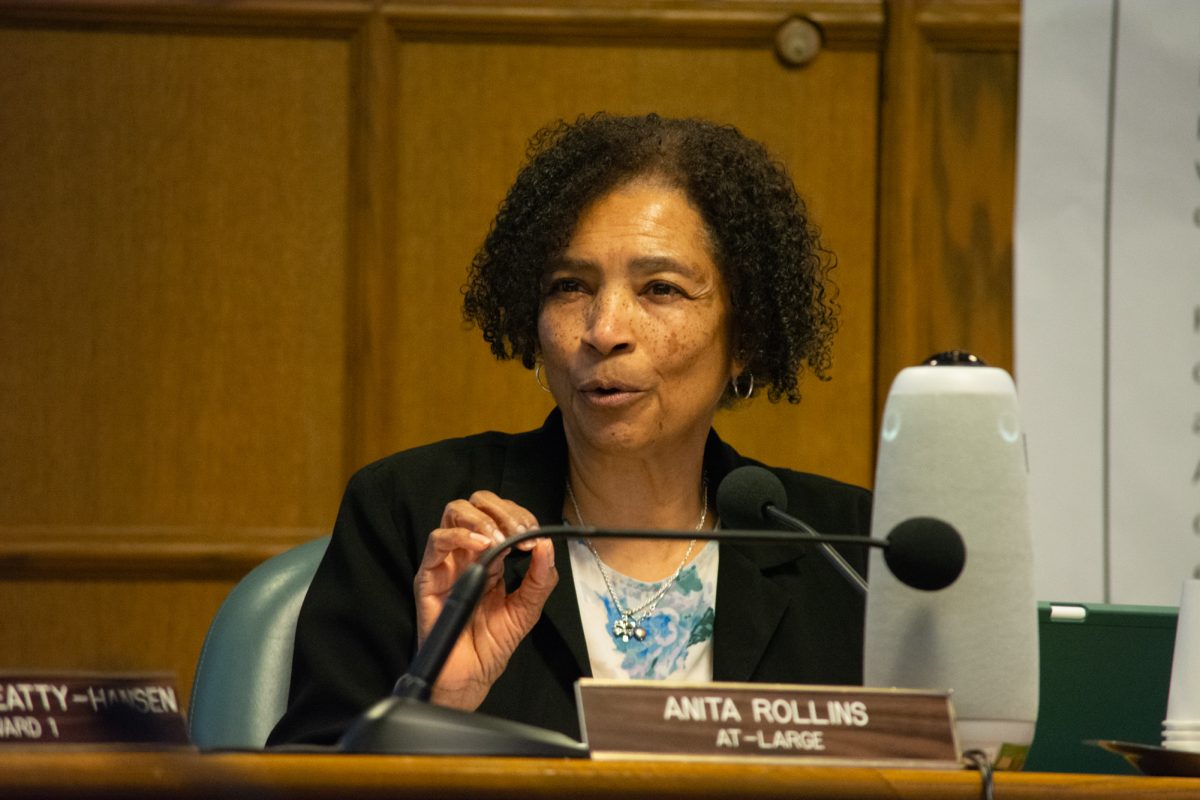After losing the status of being accredited in 2009 due to budgetary considerations, the Iowa State University Police Department (ISUPD) is working to get it back.
When a department is accredited, it represents the gold standard in public safety. It means that the agency is following the best practices within law enforcement and is meeting the needs of the community and the general public, according to Iowa State University Police Chief Michael Newton.
“At one time, we were actually a flagship agency, accreditation, meaning we served as an example of what other agencies were searching for accreditation should emulate,” ISUPD Assistant Chief Carrie Jacobs said. “That was a big deal; that was huge, so I was kind of bummed when we had to lose the accreditation because of funding.”
By the time Newton arrived in 2017, the department was already looking into becoming accredited again but had yet to make any significant steps. It was in 2022 that ISUPD really took strides in its efforts toward accreditation.
The Commission on Accreditation for Law Enforcement Agencies, Inc. (CALEA) was created in 1979. The agency has credentialing authority to award public safety agencies awarded CALEA accreditation so long as their department meets CALEA standards.
“Accredited agencies are better able to defend themselves against lawsuits and citizen complaints,” Newton said. “Generally, you see with an accredited agency a decline in complaints because you’re following the standard best practices, which then leads to less legal action.”
Currently, ISUPD is in the self-assessment phase. In this phase, leadership is focused on ensuring that its directives match the standard it takes to become accredited. To help move this phase forward faster, the department has hired Daigle Law Group, based on the East Coast, for assistance in policy development.
The law firm has assisted other police departments around the country in working toward accreditation. According to its website, it “specializes in management consulting for effective, constitutional policing practices, offering legal representation, organizational reviews, policy development and leadership training.”
“There are other companies out there that give you a cookie-cutter policy directives manual,” Newton said. “But this one makes us actually sit down and think about how do our practices align with the standards.”
With the help of the law firm, the department has reviewed 45 new directives and is preparing to publish those in the next couple of months.
For the department, one of the focuses during the accreditation process was evaluating low-frequency, high-risk behavior. Some examples of these activities include pursuits and use-of-force.
“One of the ones it makes us think about: our pursuit policy. Do we need to tighten that up a little bit?” Newton said. “It makes you stop and pause and think about that.”
According to previous reporting by the Daily, ISUPD fired an officer in December following several high-speed pursuits, which resulted in collisions with uninvolved vehicles.
When an officer operates their firearm, it is defined by ISUPD as a high-risk activity. During the process of getting accredited, an emphasis will be placed on firearm training and safety.
“We need to make sure that our people understand when they can use it,” Newton said. “They need to understand the other options that they have and really think through those pieces.”
Once all updates in policies and procedures have been completed, a training process for each officer and staff member will be put into place. Evidence and accreditation specialist Kris Smith will verify the completion of training, and once the department is ready, a representative from CALEA will come to Iowa State to audit the department.
“Accreditation is an in-depth process that we have begun and are excited to continue in order to provide our community with the best possible law enforcement department,” Smith said.
ISUPD hopes to move to a final assessment sometime during 2025. If they become accredited, a constant review and verification process is done once an agency is accredited to ensure the standards are met.
“If we’re going to help the profession grow and help the profession be better, then we need to seek something out that helps with that,” Newton said. “Accreditation is that mechanism that can make us a stronger professional organization.”








